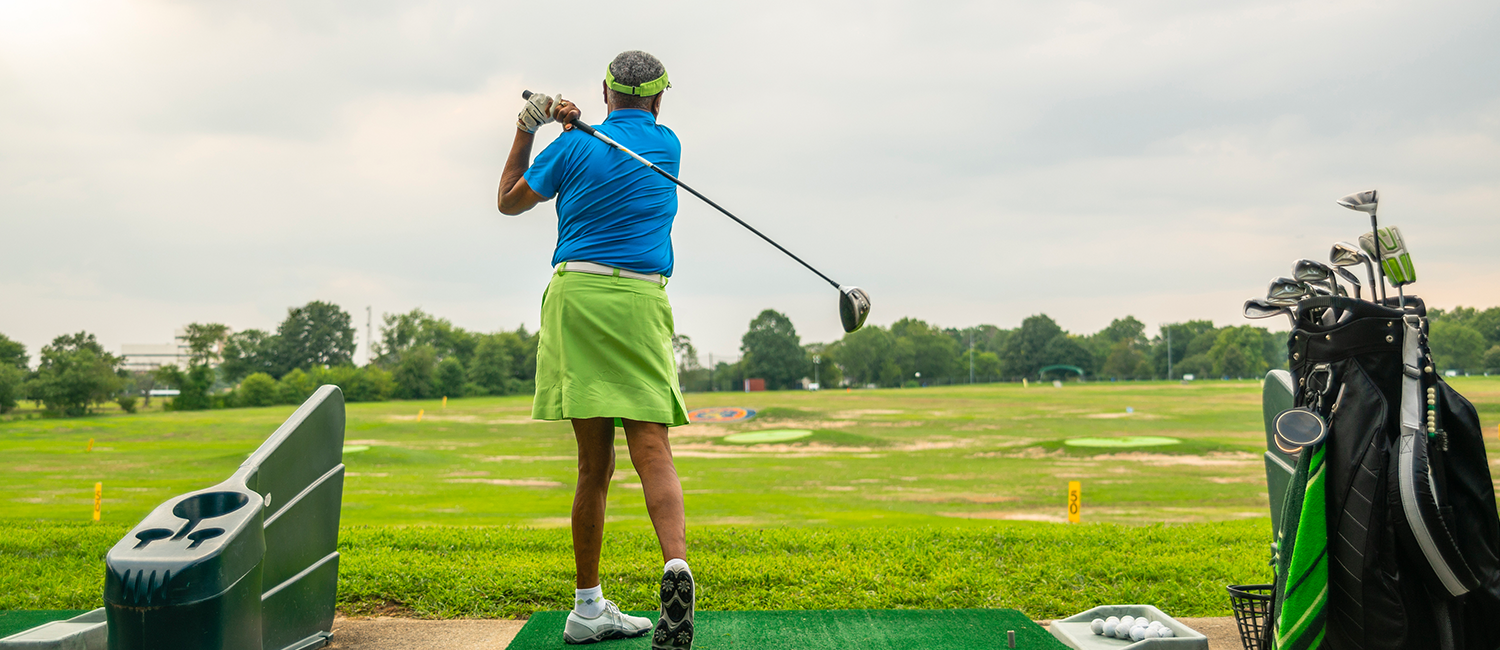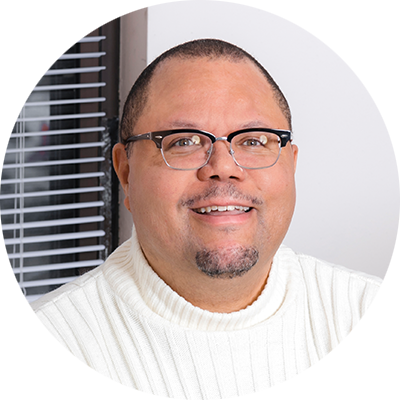
The power to de-stress yourself
Throughout his career as an experimental psychologist, Marcellus Merritt has observed the positive effects of rehearsed relaxation – such as music therapy and scheduled meditation – on chronic stress. But as a human being, he also knows firsthand how much of his own anxiety is relieved by a simple round of golf.
“We know that standardized biofeedback, like transcendental meditation, is effective, but it doesn’t really help you in the moment. Plus, how many people intrinsically enjoy six months of meditation training?” says Merritt, an associate professor of psychology in the College of Letters & Science. “Think about the thing that you enjoy the most to get you away from your troubles. Why not figure out a way to make that the intervention?”

Merritt calls these “self-selected leisure activities.” They can be anything from a walk to a recited mantra to a bubble bath. And he believes that if we can train ourselves to do that activity prior to or directly after a stressful experience, it will greatly improve cardiovascular recovery to stress, and thereby reduce risk for everything from heart disease to diabetes.
To test his hypothesis, Merritt set up a study wherein students were outfitted with 24-hour blood pressure monitors and asked to keep detailed diaries. There were two daylong sessions: one in which the students would do their self-selected leisure activity, and another in which they abstained.
The results showed that simply performing these self-selected activities was linked with an overall dip in blood pressure from that day to later that night, when the body needs to relax and recharge from a hectic day. He is diving into the diary data to learn why performing these activities helps facilitate the blood pressure dip. “We as human beings are balls of energy that never stop bouncing,” Merritt says. “Even when you’re sleeping, you’re still bouncing around. You have to appreciate the effect stressful circumstances can have on the body.”
The next stage of Merritt’s research will delve into more assessments tailored to a person’s preferences. Eventually, he hopes to help people create their own customized stress interventions that can provide a lifetime of relief. “It’s not a standard model,” he says. “It’s your thing. And it’s something you’ll be able to do forever.”